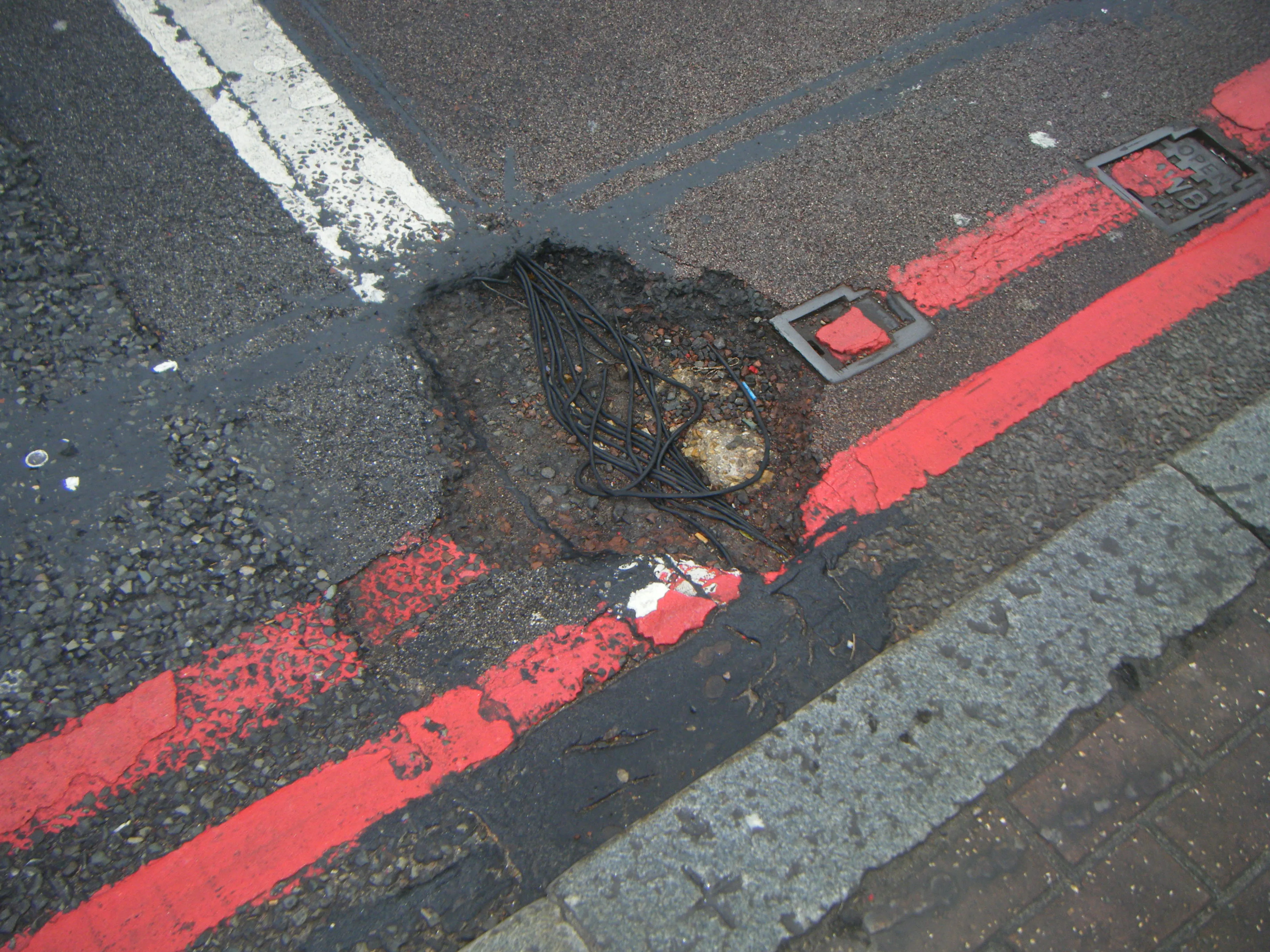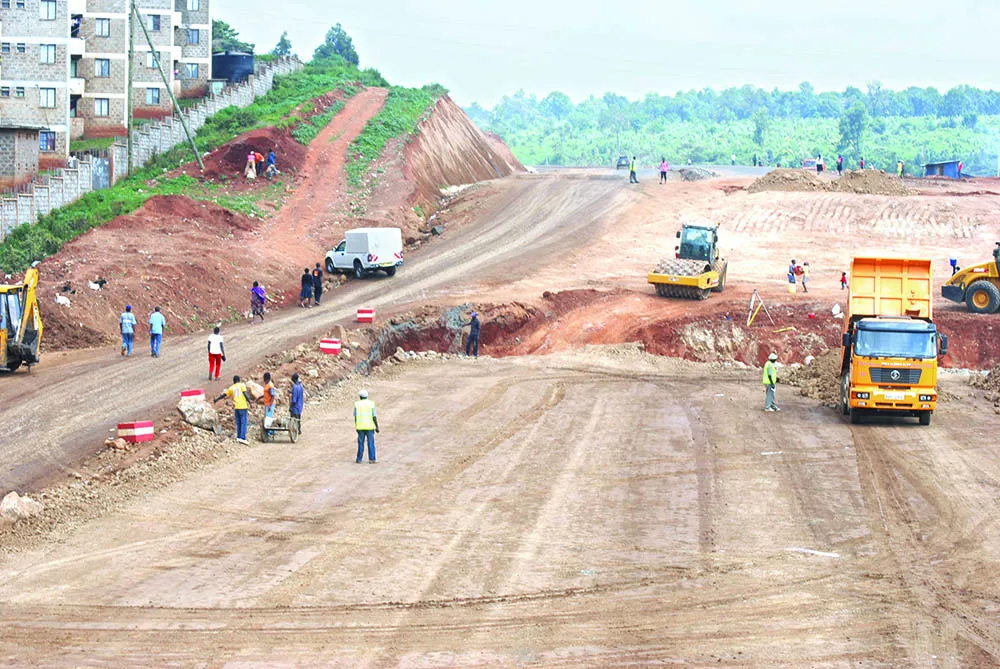City authorities in the US state of Iowa need to spend US$10 million more per year just to maintain the existing road pavement, according to a report from the Des Moines Area Metropolitan Planning Organisation (MPO), a transportation planning agency made up of central Iowa cities and counties.
At the same time, the state’s legislators are discussing a rise in fuel taxes with the money generated ring-fenced for road spending.
"There is a lot of anecdotal belief that we need to spend more on road maintenance, and this provides the data to support that," said Todd Ashby, executive director of the MPO. The Pavement Quality Forecasting Report noted that 18% of Des Moines-area roads in 2013 had poor or very poor pavement quality, based on the
According to the report, Iowa’s cities and counties need to increase annual road maintenance spending by a third from $29.1 million to $41 million just to maintain current road conditions. If road maintenance spending stays flat, the region's average PCI will drop below 50, the report estimated.
Researchers also found that in deprived areas with their higher concentrations of elderly, poor, disabled and ethnic minority citizens, 44% of roads had pavement conditions that were rated poor or worse. In the more prosperous parts of the state, 26% of roads had pavement conditions of poor or worse.
The Iowa fuel tax increase proposal is proving controversial, and it has not yet been voted into place, but its supporters argue that it is essential if the region is going to bridge its state-wide $215 million road maintenance funding gap.
The principle of a ring-fenced fuel levy dedicated to road pavement repair is also being considered elsewhere in the United States. Judy Wagner, an area engineer with the Missouri state’s Department of Transportation told members of the Washington Area Highway Transportation Committee this month that without a new source of revenue for roads and bridges, the region’s secondary roads will continue to deteriorate fast.
Wagner pointed out that the state’s gasoline tax has remained unchanged for 20 years at 17 cents per gallon. After two decades of inflation, that is now about 8 cents per gallon in today’s buying power. At the same time, ever-more fuel-efficient vehicles using less gas are reducing the tax intake. Meanwhile, the cost of manpower, equipment and materials to repair roads has gone up by 200%, according to statistics in a Missouri DOT report called “Tough Choices Ahead”.
Wagner said it takes $485 million a year to maintain Missouri’s 54,700km of state roads. By 2017, the annual revenue from today’s sources will drop to $325 million and the gap continues to widen. Around 13,000 of Missouri’s roads are classified as primary.
“Our focus will have to be on primary roads first,” Wagner told the committee. No new major projects will be undertaken, she said. “My big concern is that we won’t be able to get federal funds through the matching grants program.” By 2017, Missouri won’t have enough revenue to meet the federal match and still maintain the road system.
The Iowa calculation of an additional 10 cents per gallon levy was reached using a state-approved Road Pavement Condition Index (PCI). The Iowa Department of Transportation's Pavement Condition Index classifies pavement conditions on a scale of 1 to 100. The projected 2023 numbers are based on cities' current road maintenance spending levels. Here are some examples:
| City | Average PCI in 2012 | Projected PCI in 2023* |
|---|---|---|
| Windsor Heights | 31 | 64 |
| Des Moines | 44 | 61 |
| Grimes | 61 | 60 |
| Carlisle | 52 | 59 |
| Pleasant Hill | 55 | 58 |
| Johnston | 57 | 57 |
| Norwalk | 50 | 55 |
| Waukee | 59 | 53 |
| Bondurant | 59 | 53 |
| Clive | 50 | 53 |
| Polk City | 57 | 52 |
| Altoona | 53 | 52 |
| Urbandale | 49 | 52 |
| Ankeny | 56 | 52 |
| West Des Moines | 55 | 51 |
| Cumming | 64 | 39 |
| Mitchellville | 57 | 39 |
| Source: Des Moines Area Metropolitan Planning Organisation |
A wide range of topics on this theme are about to be discussed at the first Pavement Preservation & Recycling (World) Summit in Paris, at the Palais des Congrès from February 22 - 25, 2015. If you would like to find out more about the three-day PPRS event and register, for more information please visit the official








